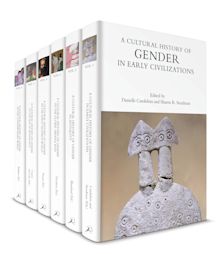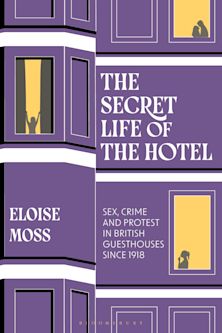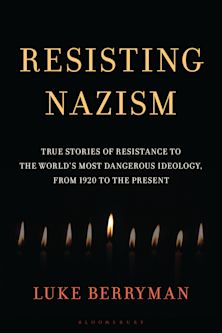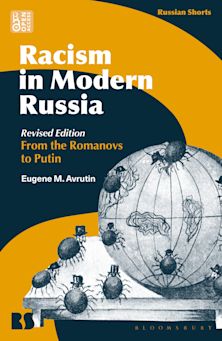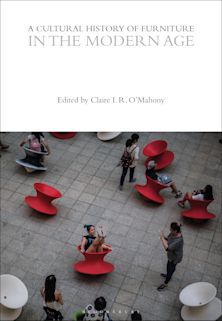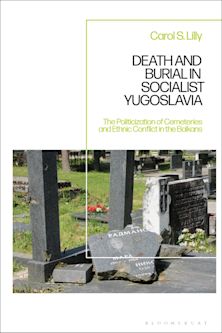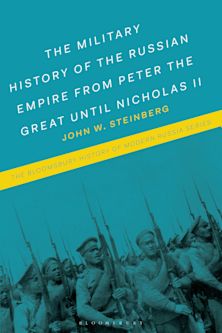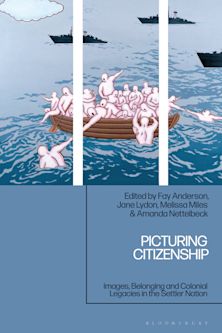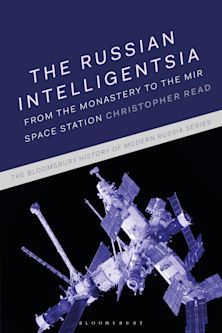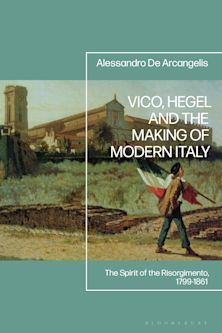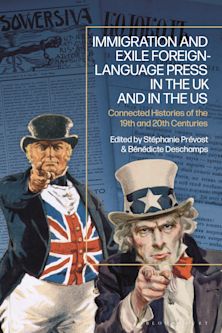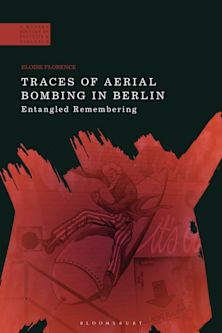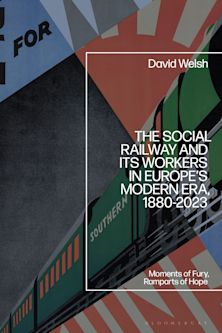- Home
- ACADEMIC
- History
- Modern History
- Avant-Garde Hamlet
This product is usually dispatched within 1 week
- Delivery and returns info
-
Free US delivery on orders $35 or over
You must sign in to add this item to your wishlist. Please sign in or create an account
Description
Hamlet stands as a high water mark of canonical art, yet it has equally attracted rebels and experimenters, those avant-garde writers, dramatists, performers, and filmmakers who, in their adaptations and appropriations, seek new ways of expressing innovative and challenging thoughts in the hope that they can change perceptions of their own world. One reason for this, as the book argues, is that the source text that is their inspiration was written in the same spirit. Hamlet as a work of art exhibits many aspects of the “vanguard” movements in every society and artistic milieux, an avant-garde vision of struggle against conformity, which retains an edge of provocative novelty. Accordingly, it has always inspired unorthodox adaptations and can be known by a neglected portion of the company it keeps, the avant-garde in every age. After placing Hamlet alongside “cutting edge” works in Shakespeare’s time, such as Marlowe’s Doctor Faustus and Kyd’s The Spanish Tragedy, chapters deal with the ways in which experimental writers, theatre practitioners, and film-makers have used the play down to the present day to develop their own avant-garde visions. This is a part of the uncanny ability of Shakespeare’s Hamlet to be “ever-now, ever-new.”
Table of Contents
1. Aspects of Avant-Garde
2. Avant-Garde Hamlet: Then and Now
3. Hamlet as Avant-Garde Text
4. Hamlet and Avant-Garde Literature
5. On Stage: Hamlet and Avant-Garde Theatre
6. On Screen: Hamlet and Film Genres
Epilogue
Bibliography
Product details
| Published | Sep 10 2015 |
|---|---|
| Format | Hardback |
| Edition | 1st |
| Extent | 218 |
| ISBN | 9781611478556 |
| Imprint | Fairleigh Dickinson University Press |
| Dimensions | 9 x 6 inches |
| Series | The Fairleigh Dickinson University Press Series on Shakespeare and the Stage |
| Publisher | Bloomsbury Publishing |
About the contributors
Reviews
-
There is certainly much to welcome in this new study of Hamlet’s afterlives.... White writes with real felicity, and he has done us all a service in providing so much useful information so intriguingly packaged.... This is a hugely worthwhile and abundantly provocative book.
Renaissance Quarterly
-
Revolution, rebellion, absurdism, the right to mourn: these are all expressions of Shakespeare’s Hamlet. But in R.S. White’s Avant -Garde Hamlet, the author doesn’t posit these as expository universal qualities: rather they are driving energies, powering productions in a diversity of ways that makes each production real, vital, experimental, worth staging for more than the power of the beautiful meditations therein. A recent review of The Bell Shakespeare’s Hamlet suggested: 'When companies approach Shakespeare without a clearly defined vision or a genuinely contemporary take on the text, it makes the very notion of the Bard’s 'universal truths' look increasingly tenuous.' R.S. White knows this, and he infuses his understanding of it into the very architecture, the living blood-flow, of Avant Garde Hamlet. In his hands, Hamlet is ever-now, ever-new.
Philippa Kelly, Author of "The King and I," "Shakespeare Now!" Series
-
White not only makes a convincing case that in many countries and many times productions of Hamlet have served as an expression of artistic and political dissent, he offers a rich and rewarding exploration of why that might be the case.
Shakespeare Bulletin
-
This book galvanizes the field with the strength of the artistic disruptions spawned by Hamlet. White offers an absorbing insight into why the play ‘never seems to lose its radical edge’ (p. 186) and presents us with a
comprehensive overview of an ever-adaptable play with global appeal.Parergon
-
White’s book is a fascinating addition to scholarship on Shakespeare and Shakespearean adaptations that invites and challenges its readers to (re-)examine this familiar work, or set of works, from new and different perspectives.
Canadian Review of Comparative Literature












